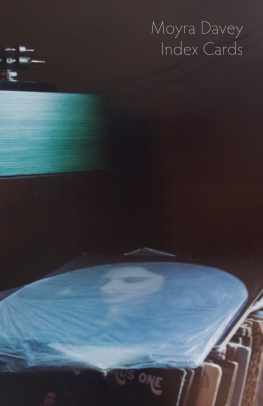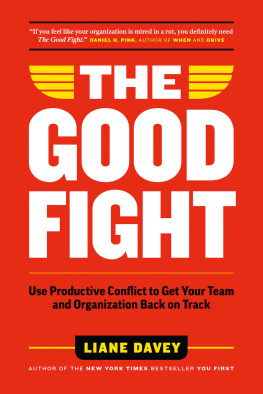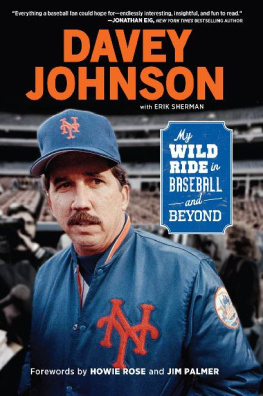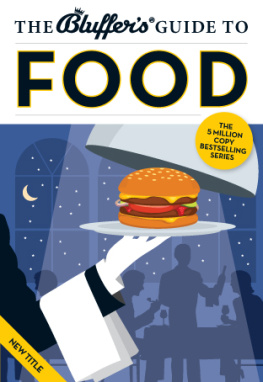Moyra Davey - Index Cards
Here you can read online Moyra Davey - Index Cards full text of the book (entire story) in english for free. Download pdf and epub, get meaning, cover and reviews about this ebook. year: 2020, publisher: New Directions, genre: Science fiction. Description of the work, (preface) as well as reviews are available. Best literature library LitArk.com created for fans of good reading and offers a wide selection of genres:
Romance novel
Science fiction
Adventure
Detective
Science
History
Home and family
Prose
Art
Politics
Computer
Non-fiction
Religion
Business
Children
Humor
Choose a favorite category and find really read worthwhile books. Enjoy immersion in the world of imagination, feel the emotions of the characters or learn something new for yourself, make an fascinating discovery.
- Book:Index Cards
- Author:
- Publisher:New Directions
- Genre:
- Year:2020
- Rating:4 / 5
- Favourites:Add to favourites
- Your mark:
- 80
- 1
- 2
- 3
- 4
- 5
Index Cards: summary, description and annotation
We offer to read an annotation, description, summary or preface (depends on what the author of the book "Index Cards" wrote himself). If you haven't found the necessary information about the book — write in the comments, we will try to find it.
Index Cards — read online for free the complete book (whole text) full work
Below is the text of the book, divided by pages. System saving the place of the last page read, allows you to conveniently read the book "Index Cards" online for free, without having to search again every time where you left off. Put a bookmark, and you can go to the page where you finished reading at any time.
Font size:
Interval:
Bookmark:


Copyright 2020 by Moyra Davey
All rights reserved.
Except for brief passages quoted in a newspaper, magazine, radio, television, or website review, no part of this book may be reproduced in any form or by any means, electronic or mechanical, including photocopying and recording, or by any information storage and retrieval system, without permission in writing from the Publisher.
Photos by Moyra Davey are used with permission of the artist.
Manufactured in the United States of America
New Directions Books are printed on acid-free paper
First published as New Directions Paperbook 1478 in 2020
Library of Congress Cataloging-in-Publication Data
Names: Davey, Moyra, 1958 author.
Title: Index cards / Moyra Davey.
Description: New York : New Directions Publishing, 2020.
Identifiers: LCCN 2020004648 | ISBN 9780811229517 (paperback) |
ISBN 9780811229524 (ebook)
Subjects: LCSH: Davey, Moyra, 1958
Classification: LCC TR140.D364 A5 2020 | DDC 770dc23
LC record available at https://lccn.loc.gov/2020004648
New Directions Books are published for James Laughlin
by New Directions Publishing Corporation
80 Eighth Avenue, New York 10011
I had a houseguest once who told me that all of his cooking was about managing his fridge. I dont remember the mans name, but I did retain from him that expression, and even though I dont cook per se... [narrator forgets her lines, begins again from the top], I think of a fridge as something that needs to be managed. A well-stocked fridge always triggers a certain atavistic, metabolic anxiety, like that of the Neanderthal after the kill, faced with the task of needing to either ingest or preserve a massive abundance of food before spoilage sets in.
I get an unmistakable pleasure out of seeing... [long pause; narrator again forgets her lines; off-screen voice tells her to wait five seconds and start over] the contents of the fridge diminish, out of seeing the spaces between the food items get larger and better defined. This emptying out reminds me of the carcasses being eaten away by maggots in Peter Greenaways film A Zed and Two Noughts. He uses time-lapse photography to show an animal carcass wither away before our eyes until all thats left is clean white bone. That is my aim with the fridge: to be able to open it and see as much of its clean, white, empty walls as possible.
Once every ten days or so the fridge fills up with food and the Sisyphean cycle of ordering and chewing our way through it all begins anew. This rodentlike behavior is my metaphor for domestic survival: digging our way out, either from the contents of the fridge, or from the dust and grit and hair that clog the place; or sloughing our way through the never-ending, proliferating piles of paper, clothing, and toys.
Recently I read about a writer getting rid of four thousand books and hundreds of CDs, and emptying three closets full of clothes, and it made me think of how much we pad our lives with this stuff.
I feel a little towards my books as I do towards the fridge, that I have to manage these as well, prioritize, determine which book is likely to give me the thing I need most at a given moment. But unlike with the fridge, I like to be surrounded by an excess of books, and to not even have a clear idea of what I own, to feel as though theres a limitless store waiting to be tapped, and that I can be surprised by what I find.
I spend most of my time trolling through a half a dozen or so books, all the while imagining theres another one out there I should be reading instead, if I could only just put my finger on it. Often I find the spark where I least expect it, in a book I may have been reading casually, lazily, wondering why I am even bothering to read it. Sometimes I persist with a book, even just through inertia, and it can happen that the writing will suddenly open itself up to me.
[Narrator has been roaming through Petes Barn, a giant junk store in upstate New York, speaking into the camera mic. She asks: Do I remind you of Geraldine Chaplin in Nashville?]
[Short interlude in which narrator is seen blowing dust from her books]
[Shhhhh. Narrator attempts to silence others in the room, who chime in, shhhhh.]
I started my analysis when I lived in Brooklyn. Id take the L train to Union Square and then the 6 to 86th Street. From there it was a short walk to my analysts office on Madison Avenue. As I approached Dr. Ys building Id scan the sidewalks for his small, compact frame, since he often arrived for my appointment just before I did. Once I spotted him in profile walking down the avenue he was holding a paper bag just under his chin and putting food in his mouth. Another time, even more unsettling since I wasnt even in his neighborhood, we found ourselves eye to eye, a mere ten feet apart, me standing on the Uptown platform at Grand Central, and him staring out at me from the window of the express train.
But if I happened to catch sight of him anywhere near his building, rather than enter the lobby and risk having to ride up in the elevator together, Id circle the block. These near encounters were enough to throw into question the entire analysis, and to ratchet up the level of self-consciousness to a nearly unbearable degree. I also felt conspicuous walking past his doorman five days a week at exactly the same hour.
Once I had crossed the threshold into the waiting room I would take a seat on the couch, or if someone already happened to be there Id sit in the black-and-gold Harvard chair and wait for the moment when Dr. Y would appear to welcome me into his office. It was all very ritualistic and formal.
We negotiated a fee of eight dollars a session, based on my income at the time. The fee is meant to compensate the analyst for his time, but in my case it was purely symbolic. In fact, I was paying for his time with my time by my willingness to come four-five times a week and be a control case in the final stages of his training. I knew almost nothing about my shrink, other than that he was a psychiatrist training to become a psychoanalyst at one of New Yorks more conservative institutes.
[Dust motes fly around a corner bookshelf.]
Late last night, coming home on the subway, I was reading Natalia Ginzburg, but in a quite distracted way, even having trouble keeping the characters straight, when slowly, something about the writing began to dawn on me.
I had picked up Ginzburgs novel Voices in the Evening subsequent to reading a short article by Vivian Gornick titled Reading in an Age of Uncertainty, published a few months after September 11th in the LA Times. Gornicks essay is a brief analysis of the writing of three postwar European writers: Ginzburg, Elizabeth Bowen, and Anna Akhmatova, and why it is she finds solace in reading these authors in the weeks and months after the attacks.
As Gornick explains, all three authors have lived through terrible times: war, bombings, murder, ongoing persecution, and censure. Their writing, she notes, shares certain qualities of detachment, and a lack of sentimentality. It recounts events in a cool, matter-of-fact way. It does not emote. Gornick writes:
What unites all these works is a severe absence of sentiment and even of inner motion. A remarkable stillness suffuses the prose in each; a stillness beyond pain, fear or agitation. It is as though, in each case, the writer feels herself standing at the end of history eyes dry, sentences cold and pure staring hard, without longing or fantasy or regret, into the is-ness of what is.
Font size:
Interval:
Bookmark:
Similar books «Index Cards»
Look at similar books to Index Cards. We have selected literature similar in name and meaning in the hope of providing readers with more options to find new, interesting, not yet read works.
Discussion, reviews of the book Index Cards and just readers' own opinions. Leave your comments, write what you think about the work, its meaning or the main characters. Specify what exactly you liked and what you didn't like, and why you think so.










